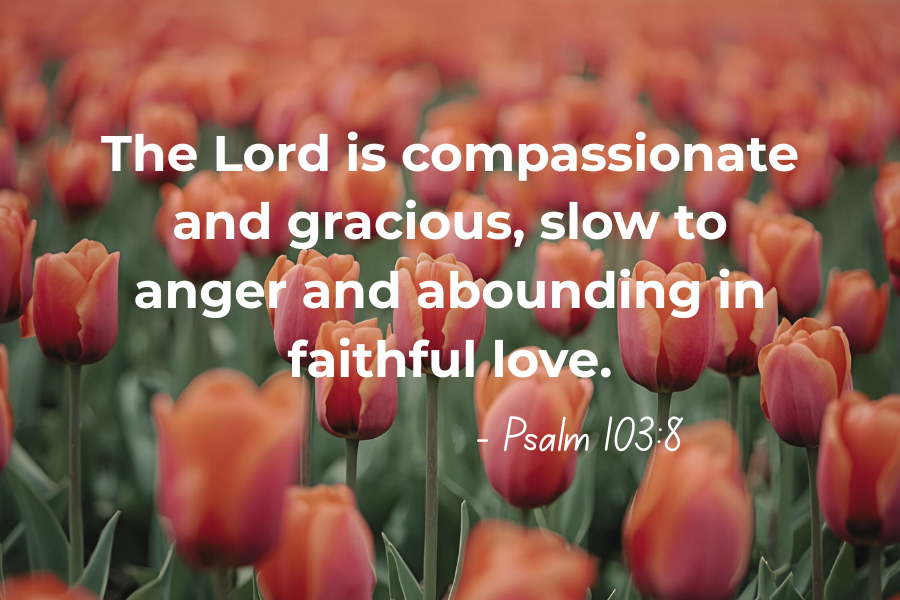
Act Justly, Love Mercy, and Walk Humbly
Pastor Robert Zemke
When there are racial conflicts, people want you to take sides. No nuanced response is satisfactory. Even if you change your mind after conversations with others, you set yourself up for criticism. Several years ago, Drew Brees (Quarterback for the New Orleans Saints and a Christian) got in hot water for stating he would never agree with kneeling for the flag. Other players have spoken to him, and he has apologized and communicated that he missed the mark and is committed to racial equality.
On the one hand, some feel he caved under pressure and should not have. Others do not believe his confession was true. Christians can disagree on these issues, but how can we be more like Christ in response to these racial conflicts?
First, as Christians, we are bound by a biblical standard in our interactions with others. The scripture reminds us, “He has shown you, O mortal, what is good. And what does the Lord require of you? To act justly and to love mercy and to walk humbly with your God” (Micah 6:8). This standard, rooted in justice, mercy, and humility, should serve as our guiding light in all our actions and responses. While it's true that all lives matter, we must also create space in our hearts to listen to the pain and experiences of others.
Second, we are not ultimately judged by society, but we face another judge who knows the thoughts and attitudes of our hearts in which no spin can save us. All people groups and ethnicities have gifts to bring to their broader culture and patterns of sin that are destructive. It is easy to judge other individuals or groups and not look in the mirror.
Thirdly, it is crucial to understand that enmity, not ethnicity, is the true problem. Enmity blinds us to the mercy we should extend to others, who are all created in God's image. Our aim should be to strive for the unity of the Spirit through the bond of peace (Ephesians 4:12-13). For those who have yet to embrace Christ, we are to offer the message of reconciliation. The Apostle Paul reminds us, “Christ reconciled us to himself and gave us the ministry of reconciliation; that is, in Christ God was reconciling the world to himself, not counting their trespasses against them, and entrusting to us the message of reconciliation. Therefore, we are ambassadors for Christ, God making his appeal through us.” (2 Corinthians 5:17-18).
Finally, Christ is the answer. “For he himself is our peace, who has made the two groups one and has destroyed the barrier, the dividing wall of hostility” (Eph 2:14). By Christ’s death on the cross, all who are in Christ are unified. Jesus prays that believers would be united and states, "The world will know that you sent me and have loved them even as you have loved me " (John 17:23).”
Tim Keller gives an insightful application when Paul confronted Peter for withdrawing from the Gentiles in Galatians 2:14-15: “He did not simply say to Peter, "Repent of the sin of racism, you bigot!" but rather, he said, "Repent of the sin of forgetting your gracious welcome by God through the costly sacrifice of Christ." Paul’s approach is far more persuasive and effective than simply ranting at someone for being a racist. You are not putting them down, but lifting them up even as you critique [them].”
Let's be reminded of our riches in Christ and be for others.





